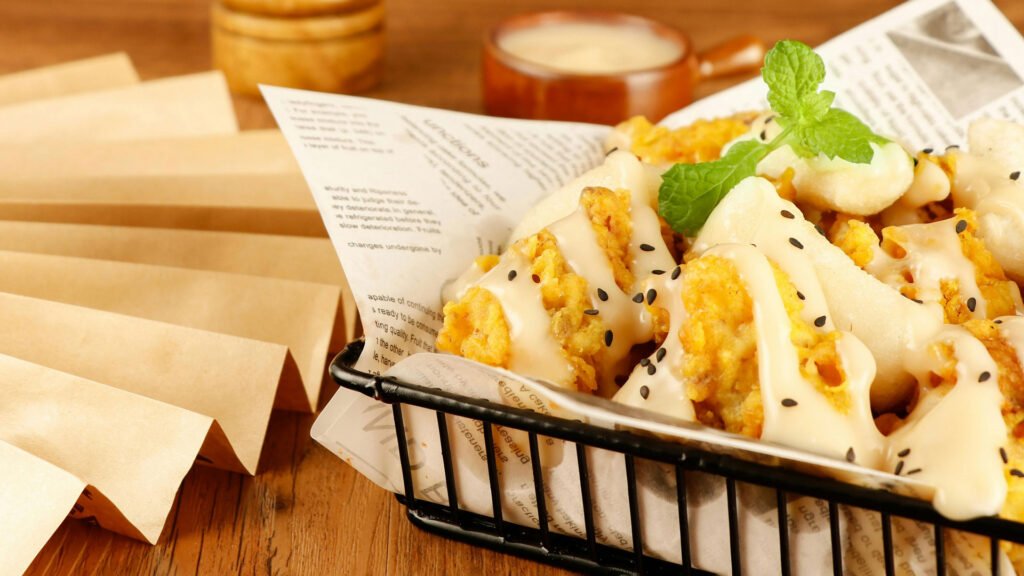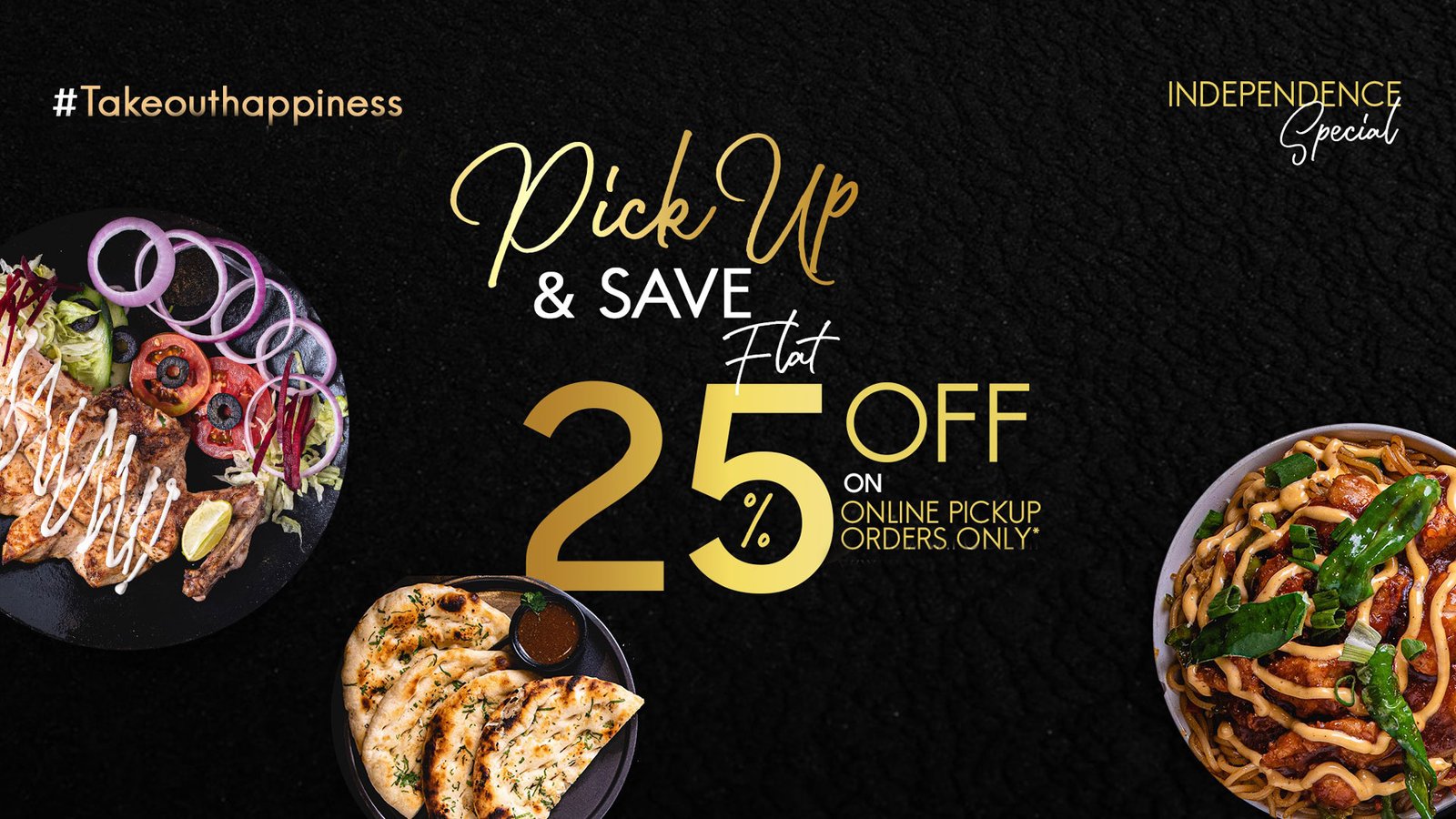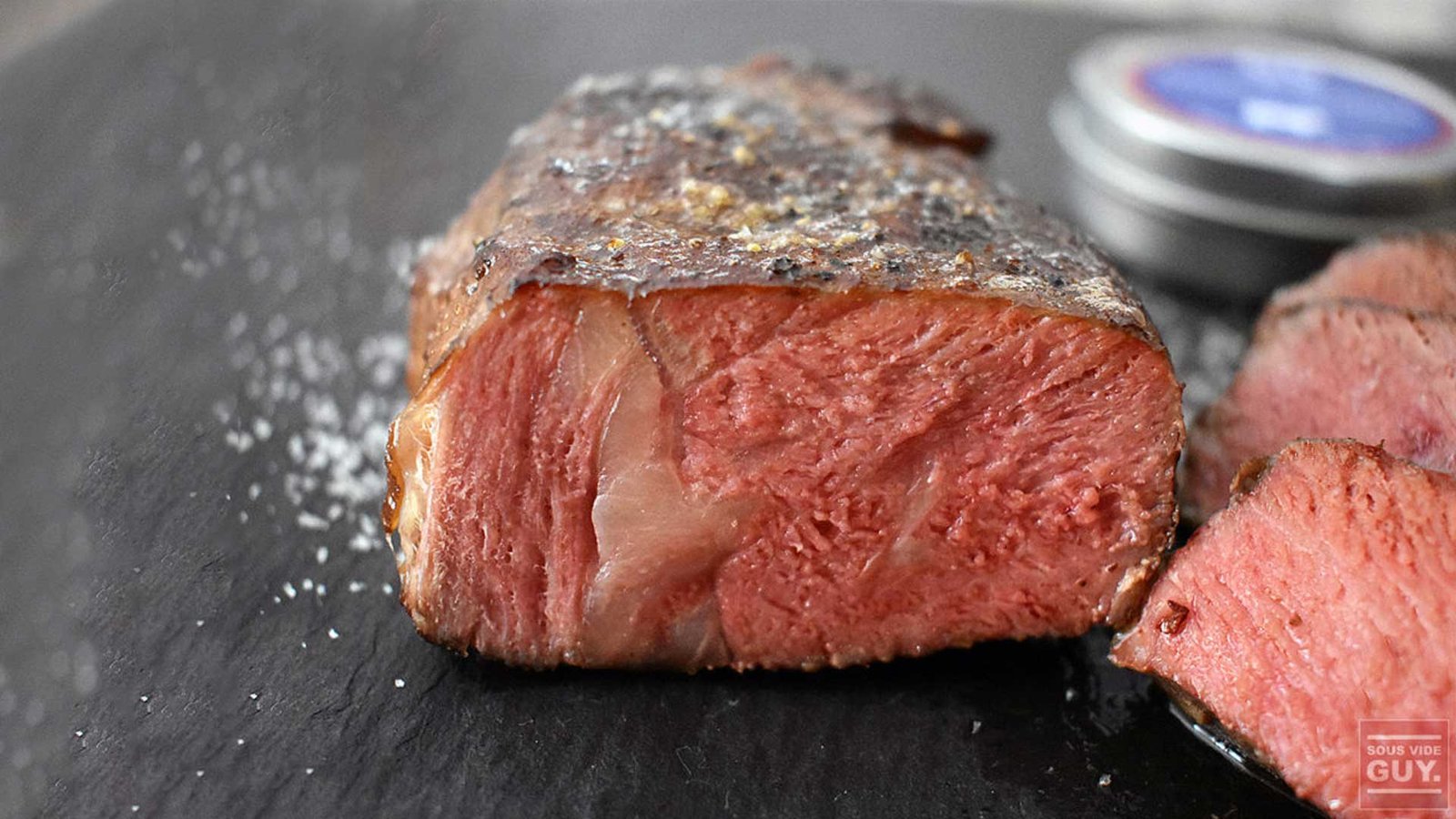Money is a sensitive topic. Even if they don’t mention money, folks like myself who urge others to eat Real food are sometimes mislabeled as snobbish. I understand. For other individuals, finding and purchasing fresh food is difficult or impossible, which is distressing. However, I do not believe that this should be taken to mean that the whole topic is off-limits. Food is a multifaceted subject that touches on health, economy, culture, human rights, animal welfare, and environmental sustainability. In order to exist, we must make food selections many times a day. I think about all of these factors when I’m shopping for myself and my family, and I’ve seen firsthand the compromises that might arise when picking what to eat. My goals and financial resources have shifted considerably throughout the years, culminating in the strategy I employ now. Here, I’ll walk you through my food decision-making process, including how I’ve adjusted to different income levels.
Of course, none of this is meant to be a judgment or criticism of other people’s choices. Everyone’s values are unique and equally important, and you must do what is best for you and your family. My purpose here is to throw some light on a tough topic in the hopes that it may help those who are trying to make sense of it all.
But first, a little about me
To put things in perspective, I don’t hail from a wealthy family, and calling my family middle-class is a stretch. While I grew up in a nice suburban area, my family sometimes required food assistance from our church. My father never had a bank account, much alone a savings account, throughout his adult life. We tried our best, but we often had to sell items to pay our rent.
Money was tight when I started college (which I paid for with a combination of scholarships, student loans, and a couple of part-time jobs). My father would sometimes give me fifty dollars, but there was never a true safety net. It wasn’t uncommon for me to survive the final week of the month on eggs and canned tuna. This was just somewhat inconvenient for the dieter in me. At the time, the lowest price was my first priority while shopping for food. I used to buy at Costco and Trader Joe’s and used to believe that organics were a ruse to defraud chemophobic hippies (I know! LOL). I ate a lot of inexpensive takeouts, which were nonetheless very nice, if not particularly nutritious, in Berkeley.
Before I had discretionary wealth, I had never had to think about the ethics of eating. I generally purchased vegetables from local organic farms, which was a nice perk of living where I did. I was aware that commercial meat and dairy production was bad for the environment and a repulsive form of animal cruelty, but I couldn’t afford it anyhow, so there was no conflict. My greatest indulgences were a slice of fine cheese every now and then, and wild Alaskan smoked salmon.
I wanted to make the most responsible decisions I could now that more animal products were physically and symbolically back on the table for me.
Because giant industrial farms exploit employees (often as real slave slaves) and devastate the environment with cheap petroleum-based fertilizers and Monsanto’s poisons and herbicides, conventional food is less expensive. Smaller organic farmers must devote more time and effort to maintaining good soil and diversifying their crops to avoid weed and pest infestations. More time and resources equate to more money spent to produce the same quantity of food, resulting in higher market pricing.
Farmer’s market fruit tastes better since it is selected when ripe and cultivated in season, making bruising losses far more frequent. Certifications for organic products are also costly. Even more, money will be spent.
More (better-quality) acreage, better feed, and hygienic living conditions are required for grass-fed cattle and pasture-raised poultry and eggs. Farmers also have a harder time and spend more money processing these crops due to a lack of economies of scale. These, too, are more expensive. I was concerned about these concerns while I was a poor grad student, but I could easily opt-out since I couldn’t afford it. Now that I can afford higher-quality, ethically made goods, I’m willing to pay a premium to support farmers who care enough to cultivate the greatest crops and to ensure that the animals I consume have a fair existence.
I’m also ready to put in a little more effort to locate those goods that aren’t always simple to come by. It’s simple to be a foodie in San Francisco, but it’s far more difficult to eat to these standards in New York. Restaurants and supermarkets that get sustainable, ethically-raised food do exist, but they aren’t as common as they are in the Bay Area, and I often have to make extra long excursions to locate what I’m looking for. I also reside in posh Williamsburg. In NYC, I find myself cooking at home even more than in SF, primarily because I don’t know where restaurants get their ingredients, and it’s evident that they aren’t great. I eat vegetarian a lot of the time, so I don’t have to worry about it.
As a result of these events, I’ve created a mental hierarchy for my priorities while deciding what to eat. It isn’t ideal, and I make exceptions often, but having a framework to think about these concerns helps me since I eat so frequently.
Health
My own energy (and, I’m guessing, yours) is heavily influenced by how I nourish my body. I become tired and foggy if I don’t eat a diverse range of veggies, beans, grains, and seafood/meats, and I typically get sick. Because feeling bad affects all aspects of my life, eating a varied variety of Real Foods is my top priority when it comes to grocery shopping and meal preparation. This has repercussions. I don’t always eat local/seasonal/organic/sustainable while I’m traveling or even when I’m really busy. I try to stay away from these situations, but if I have to, I’ll take what I can get. It also means that if greens are scarce, I occasionally pay exorbitant sums for room service salads.
Quality

Quality is a close second to health, owing to the fact that the two are often linked. Quality is typically the determining factor in picking a certain meal as someone who emphasizes health to the point where my daily diet is nearly always well-balanced. Quality is similar to what I mean when I say “real food.” Quality food, in my opinion, is made with care and from actual ingredients, rather than being massproduced in a machine. Quality, on the other hand, does not necessarily imply the healthiest option. On most days, if I’m traveling in Texas and have the option between an artisan brisket sandwich from a world-class family-owned restaurant and a salad from Starbucks, I’ll go with the sandwich and hope the coleslaw isn’t too sweet. However, I wouldn’t make that option two meals in a row, so health comes out on top in the end. On the ethical front, I’m not going to purchase awful chocolate simply because it’s fair trade every time. I’d like to discover delectable fair-trade chocolate, but if I’m going to bother with chocolate at all, it had better be good.
Ethics/sustainability
I want to live in a society where the people who farm our food are valued and paid a livable wage and where we don’t pretend that animals bred for food are less sentient than domestic pets. There are individuals that produce food in this manner, and it is an honor (not a luxury) for me to support their efforts. I recognize that requiring this quality for 100% of the food I consume is unrealistic. In most places, ethical and sustainable food is still difficult to come by, and it may be prohibitively costly for many people. Having said that, I would advise everyone who has the financial resources to support ethical and sustainable food wherever feasible. Only with our help will these practices be able to expand and reach more people. I aspire to see a day when sustainable food is so common that I can move it to number two or maybe number one on this list.
Price
When it comes down to it, I don’t want low-quality, unhealthy, or unsustainable food; therefore, it’s not worth purchasing even at a bargain price. However, it irritates me when restaurants and supermarkets attempt to offer subpar cuisine at artisan pricing. You jerks, I can tell the difference! For me, I’m prepared to spend on food that nourishes my body and spirit while also supporting my principles, as long as the price feels reasonable (or I’m in dire need of something green). I don’t think of Whole Foods as a rip-off since they strive so hard to provide transparency when no one else does. In fact, I’m delighted to lend my support to their cause. It’s awful that so many of us are forced to make difficult choices in order to feed our families. All we can do is our best, as always.





